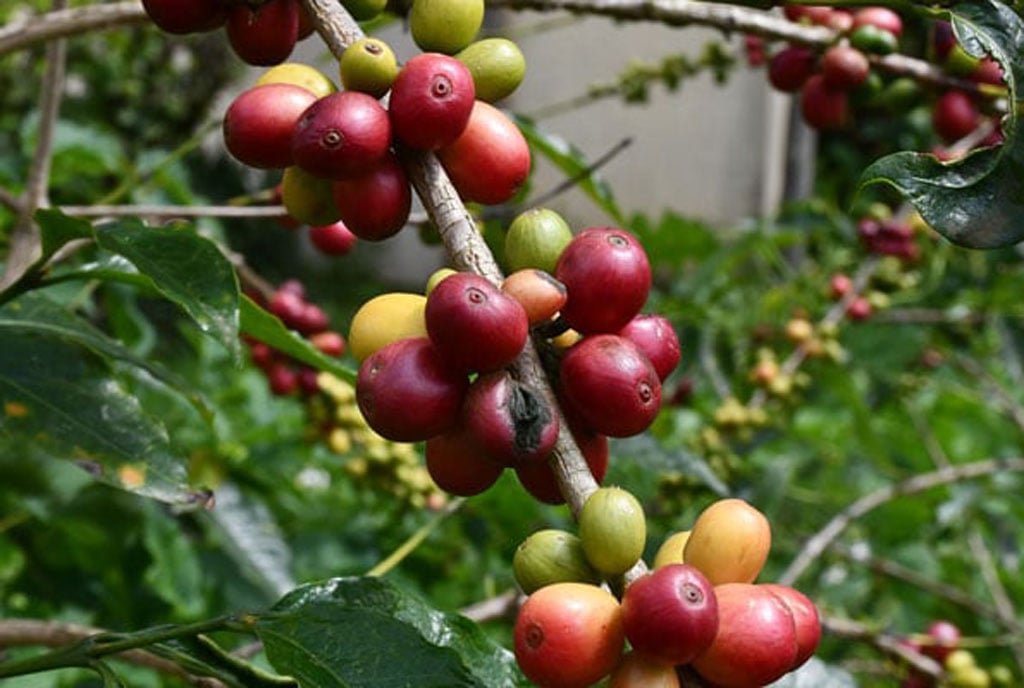
Writer: Daisy Atukunda. PHOTO/FILE/COURTESY
The desire for sustainability and transparency in specialty coffee is rising, with more interest than ever in where coffee comes from, who grows it, and how it gets from farm to cup. Each link in the coffee supply chain, from the producer to the consumer, is bringing greater scrutiny to the coffee industry, making traceability a crucial element of coffee production, processing, marketing, and consumption.
In the simplest sense, traceability means being able to track and trace food products throughout the entire supply chain. For coffee, this entails finding out the country of origin, how it was grown and processed, how much growers were compensated, how the beans were roasted and how long ago, and so on. Uganda’s lush green landscapes and fertile soils are ideal for the Robusta coffee beans that many connoisseurs seek. However, the latest European Union Deforestation Regulation (EUDR) demands more than choice beans; it requires proof that each coffee bean contributes to a deforestation-free supply chain.
More than half of our coffee exports go to the European Union (EU), and the government has described the regulations as “good pressure” from the EU. Public records from 2021 show that while the country lost 297 km2 of forest cover in 2001, by 2020, the figure had more than doubled, with the country losing 736 km2 of forest cover in a single year.
As smallholder coffee farmers in Uganda ready themselves to meet what some may consider stringent standards, some organisations are navigating them through these profound changes, ensuring sustainability goes hand-in-hand with farm profitability. These regulations need not be seen as hurdles but as steps to enable farmers to produce sustainably.
Traceability works for smallholders because it not only elevates their product to global markets, fetching them higher prices, but it also ensures the global market pays farmers for the additional care they put into their produce.
Traceability signifies a commitment to a sustainable planet, securing a premium spot in competitive marketplaces. For example, the sector’s digital transformation, including geo-location technology, which the Uganda Coffee Development Authority (UCDA) is implementing, presents an efficient and scalable manner to actualise traceability.
By building a traceable coffee supply chain, we can ensure smallholders can access competitively priced global markets. Increasing farmer incomes addresses sustainable development goals (SDGs) 1 on ending poverty. At the same time, SDG 2 on zero hunger benefits from elevated agricultural productivity and food security, while practices such as agroforestry boost crop resilience and reduce vulnerability to environmental crises.
Traceability also contributes to SDG 13 on climate action by promoting environmental stewardship, reducing deforestation, and encouraging farmers to take action in response to climate change.
Brand reputation and equity
Traceability allows farmers to build a reputation among coffee importers and roasters. This helps create a brand for their farms and opens up feedback from coffee consumers, which can inform future growing and processing practices.
When consumers see how ethically and sustainably coffee beans were grown, they often advocate for better pay for farmers. And when transparency demonstrates how farming practices support or protect local agricultural environments, it can be a huge determining factor in purchasing decisions.
Traceability enables consumers – who expect food and food products to align with their preferences and are willing to pay a premium to understand the history of the product they are consuming – to understand more about producing regions in various countries and the intricate processes of preparing specialty coffee beans.
Educating stakeholders, particularly farmers, about the advantages of embedding traceability in agricultural value chains is crucial to the development and uptake of traceability systems throughout our coffee value chains. In this regard, organisations that equip smallholder farmers with the resources they need to achieve full traceability would be valuable resource partners for the government and other stakeholders.
Daisy Atukunda is the head of relations and partnerships at One Acre Fund Uganda



